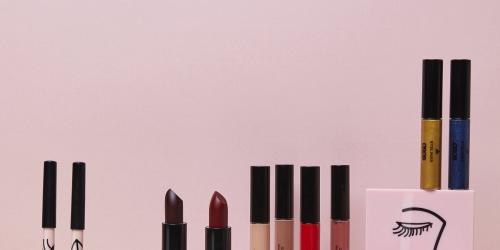Are tattoos in color dangerous for health? According to a report by the National Union of Dermatologists and Venerologists (SNDV) , tattoos include a number of risks to our health, including allergies and skin diseases such as psoriasis or sarcoidosis. The union also points out the use of several inks, carcinogens and containing toxic metals such as copper, mercury, iron and aluminum or silicone.
Following this report, the National Agency for the Safety of Medicines and Health Products published a decree of March 6, 2013 in the Official Journal, fixing a list of products unsuitable for tattooing, reports the site Madmoizelle . And preventing tattoo artists from using most of the inks used until then to make tattoos in color.
An abusive decision for the National Union of Tattoo Artists (SNAT), according to which the term "carcinogenic" is not justified and does not understand that France is the only country in Europe to have such a regulation vis-à-vis -vis tattoo. In an open letter addressed to the Directors of the DGS and the ANSM , the tattoo artist TIN-TIN, co-founder of the SNAT, explains that the tattoo artists will have from January 1st, 2014 "to be banished the majority of their colors of their shelves and carry out exclusively works in black, white, gray, green or blue (very limited palette for these last two colors, or continue to use their usual colors, authorized throughout the European territory with the exception of France and therefore be in a situation of illegality. "
A misunderstanding all the more so that "no methodology or certified protocol exists to date to test the safety of tattoo pigments." As we pointed out earlier, even in the absence of scientific data on the safety of these substances in the context of use in tattoos, we have ipso facto a real decline on this, if only by the absence of objective findings of pathology on a large number of people tattooed for several years, " recalls TIN-TIN, adding that " the medical literature is so unanimous on the fact that the association skin cancers / tattoos is purely coincidental ".
It also recalls that "the SNAT, which today has more than 1000 members, has since its creation in 2003, made every effort to ensure that the tattooing practice is carried out in France in the best sanitary conditions " and asks the 'State to reconsider (its) decision before 31 December 2013 '. A petition has also been put online to "save the tattoo in color" in France.


